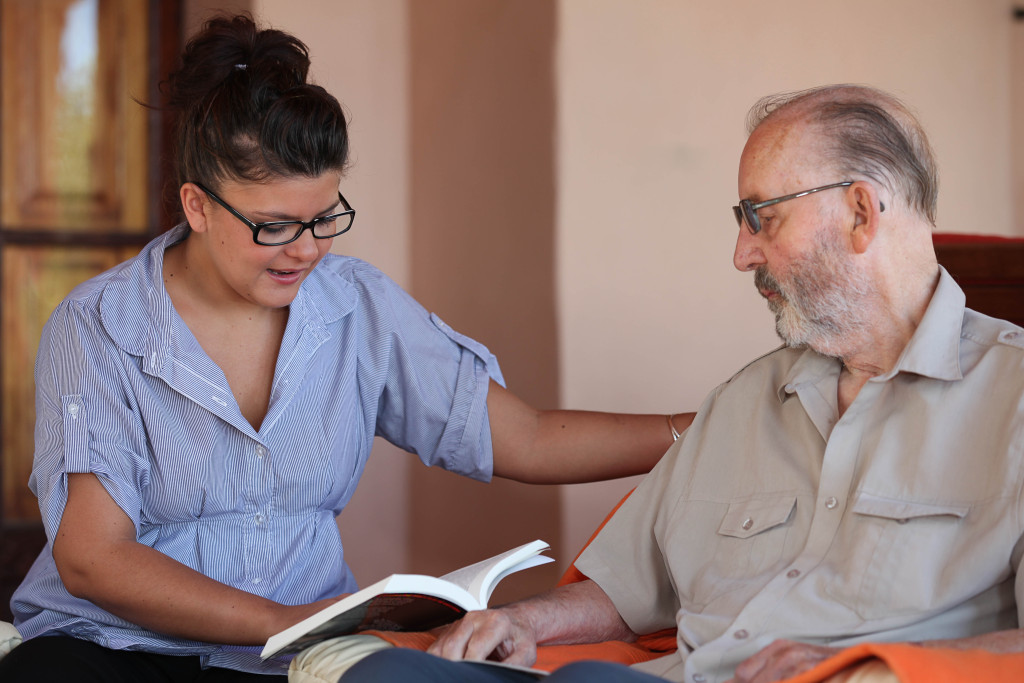How to Minimize Pneumonia in a Nursing Home
Written by Jeff Meyer on June 22, 2015

Pneumonia is a serious illness that afflicts the lungs and can happen to anyone, even otherwise healthy people. It causes the lungs to fill with fluid, leading to restricted breathing, coughing, and sometimes resulting in death. Society’s most vulnerable members, such as very young children and elderly people, are at the highest risk of developing pneumonia. Pneumonia can be very difficult to treat, and as such, steps to prevent it from occurring in the first place should be taken at every turn. Pneumonia may even result from nursing home abuse, in the form of medical neglect.
Nursing Homes Can Be Akin to Petri Dishes
Because so many people are all packed into one confined space, nursing homes can be likened to petri dishes, just waiting for bacteria to flourish within their walls. Since most nursing homes are inhabited by elderly residents, they are filled with people who are especially at risk for developing pneumonia. What begins as an annoying and persistent cough can end in severe illness in the form of a pneumonia infection. When staff members neglect their charges, pneumonia can result. This neglect is a type of nursing home abuse, and is preventable with care and attention.
Pneumonia Could Be Affected by Medication and Vaccination
One study published in the Journal of the American Medical Directors Association found that incidences of pneumonia could be diminished by the one-two punch of dual flu-pneumonia vaccination (Chan, et al, 2012). Another study published in the Annals of Pharmacotherapy indicated that nursing home residents with dementia were slightly more prone to pneumonia infection if they took the newer atypical neuroleptic drugs than their peers who took the older, typical neuroleptic drugs (Aparasu, Chatterjee, & Chen, 2013). Whatever the cause of the pneumonia, the risks to the elderly are well-known, and those risks become especially concerning in a facility where nursing home abuse or neglect is taking place.
Nursing Home Staff, Residents and Visitors Must Remain Vigilant
Everyone who enters a nursing home can play a part in helping the residents of the facility remain healthy, especially the staff members and the residents themselves. Staff members may benefit from training that ensures they know the signs of pneumonia and how to best prevent it. Visitors can also keep an eye out for signs of pneumonia and bring it to the attention of medical staff so that it can be treated in a timely fashion. Residents, too, should know what to look out for so that they don’t find themselves in a state of rapidly declining health when a stubborn cough turns out to be pneumonia.
Signs and Symptoms
Pneumonia infection can include the following symptoms:
- Chest pain
- Difficulty with breathing
- Wheezing
- Persistent cough
- Sensations of drowning
- Chest tightness
- High fever
- Swollen lymph glands
- Tiredness and dizziness
- Body aches and pains
If you have a friend or family member who lives in a nursing home and is experiencing any of these symptoms, alert staff right away. These symptoms could indicate a pneumonia infection and could be lethal to a person with already-compromised health. If you suspect nursing home abuse by neglect contributed to the illness, know the right steps to take.
What to Do If Your Loved One Contracts Pneumonia Due to Nursing Home Neglect
If a loved one contracts pneumonia and you believe it was the fault of the assisted living facility’s staff, report the suspected neglect immediately to the appropriate authorities. Call an elder abuse reporting hotline or speak to an agent with Adult Protective Services in the local area so an investigation can be opened and the residents of the facility can be protected from further harm. Consider contacting an attorney to discuss your loved one’s rights under the law—he or she may be entitled to compensation due to pain and suffering.
Sources: http://aop.sagepub.com/content/47/4/464.short
http://www.sciencedirect.com/science/article/pii/S1525861012001600

Leave a Reply
You must be logged in to post a comment.